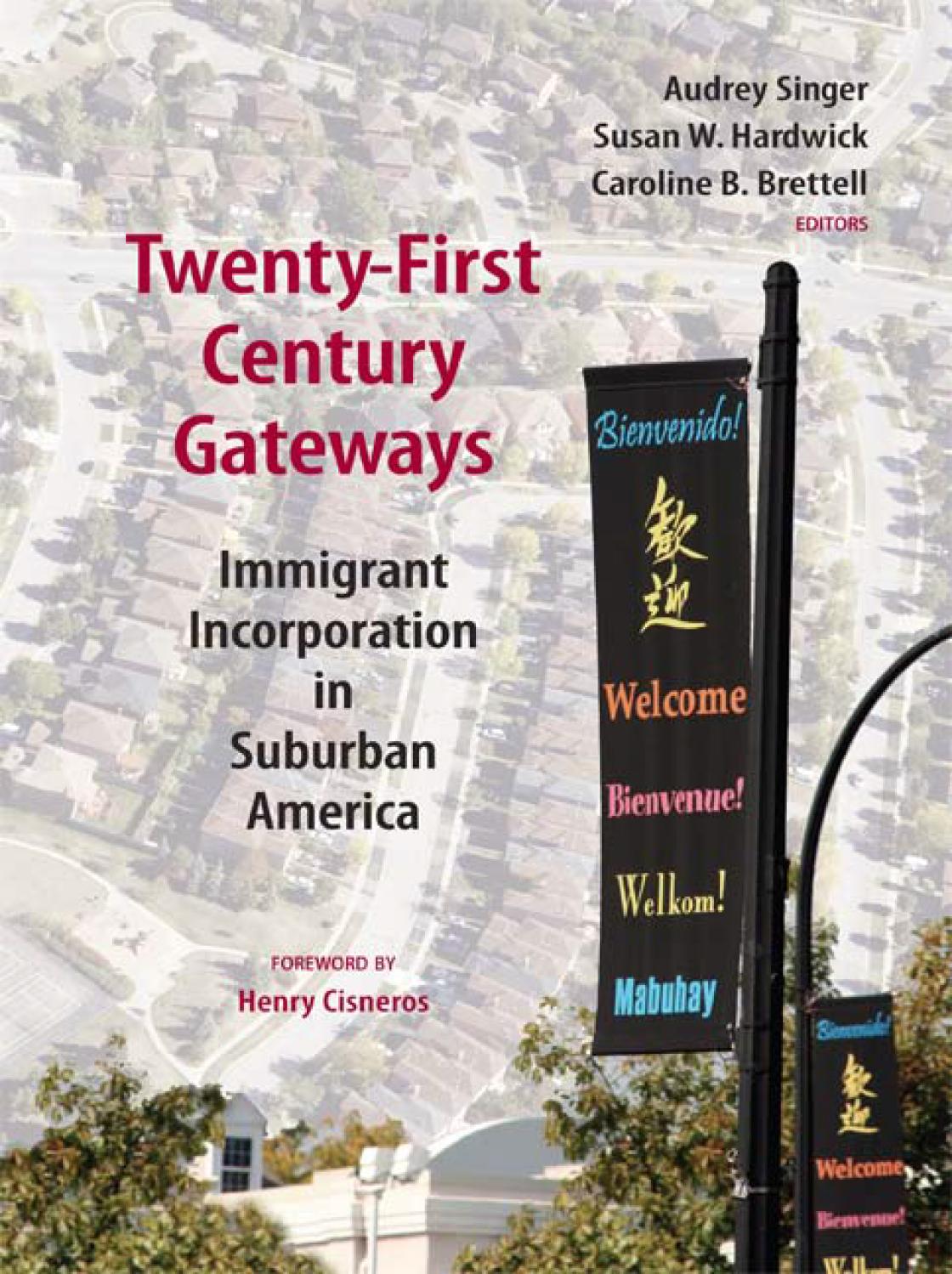


Book
While federal action on immigration faces an uncertain future, states, cities and suburban municipalities craft their own responses to immigration. Twenty-First-Century Gateways, focuses on the fastest-growing immigrant populations in metropolitan...